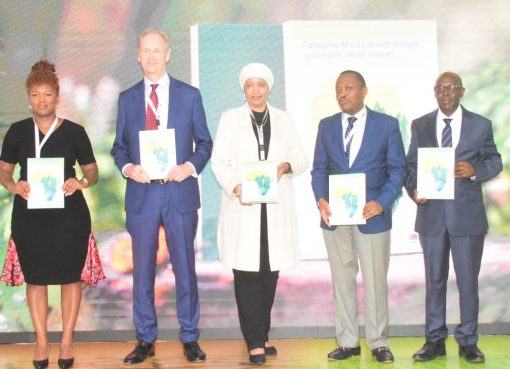Rising cost of production in the floriculture sector has contributed to closure of a number of flower farms and loss of jobs in the country.
According to the Kenya Flower Council (KFC) the high cost of labor, high cost of energy and farm inputs was increasingly impacting negatively on the sector.
The Council CEO, Clement Tulezi has however, denied that the sector was losing its market share in the European Union (EU) and instead accused the national government of failing to support the sector in terms of tax exemptions.
This comes even as the Finlay Company closed down two of its farms and sent home more than 1,000 workers attributing this to high cost of labor.
The CEO however, maintained that the sector was stable despite the move to close the farms due to a drop in the prices of roses in the international market adding that Kenya was still among the leading producers of cut-flowers globally and that the sector market share was stable despite the challenges.
Tulezi attributed the drop in flower prices to flooding of rose flowers by producers from other countries in the market noting that all producers globally were affected.
“The sector is very stable contrarily to reports in a section of the media and the flooding of rose flowers in the EU market affected their prices but this is stabilizing,” he said.
In an interview with the press, Tulezi claimed that the government was offering zero support towards the sector unlike other countries which were competing with Kenya.
He disclosed that the government owed flower farms millions in VAT refunds and asked the government to consider offering the sector tax exemptions to cushion the investors from high cost of production.
He also claimed that the on-going double taxation from the national and county governments was adversely affecting the sector adding they had filed two cases at Nakuru and Meru law courts challenging the taxations which he termed as unfair and punitive.
The CEO also added that currently they were working with government agencies, including KEPHIS to contain the emergence of a moth that was affecting flower production and was optimistic that the government will fully support the sector as one of the main generator of revenue and job opportunities in the country.
By Esther Mwangi/Brian Kamau


